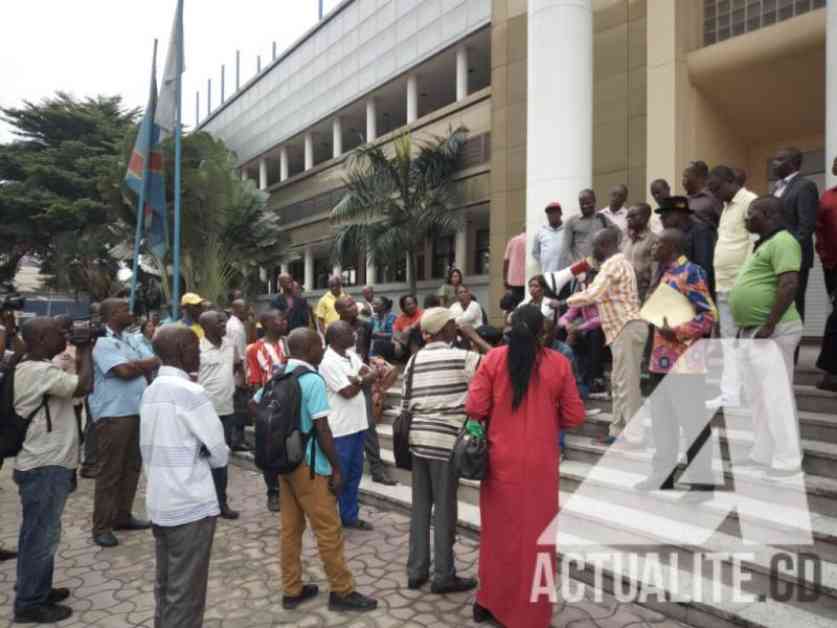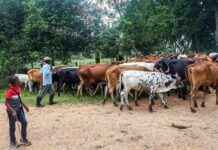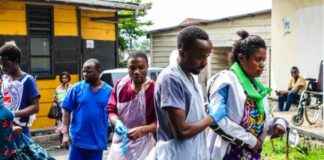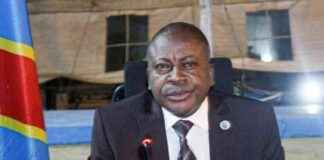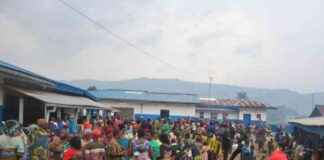Creating 9.6 Million Jobs by 2030 to Combat Unemployment – An Analysis
The Democratic Republic of the Congo is grappling with a monumental challenge: absorbing a rapidly expanding workforce. According to the national report on youth employment published in 2022, to maintain a stable unemployment rate by 2030, approximately 9.6 million jobs need to be created, equating to nearly 100,000 jobs per month. Looking further ahead, this number rises to 35 million by 2050, necessitating steady and sustained growth in the labor market.
Demographically, the Congo is experiencing significant growth, intensifying these pressures. With a projected population of 120 million inhabitants in 2030 and 194 million in 2050, the DRC’s demographic share in Africa is set to increase from 6.69% in 2020 to 7.8% in 2050. The youth, aged 0-24, are at the heart of this growth, currently representing 63.3% of the country’s demographic increase. While this proportion is expected to gradually decrease, their influence remains substantial, with 23.2% contribution from the 15-24 age group during the 2023-2033 decade.
However, integrating young people into the workforce remains a significant challenge. They are fourteen times less likely to secure employment compared to other age groups. In urban areas, their likelihood of employment drops by 23.9% compared to rural settings. Education, while positively impacting employment access, is limited in its effectiveness due to an economy that is largely informal, undiversified, and far from modern standards.
Dominance of the Informal Sector and Employment Structure
The informal sector overwhelmingly dominates the employment market in the DRC, accounting for 84% of opportunities. The private sector remains the largest employer at 51.8%, followed by households at 38.7%. The public sector lags behind in third place, highlighting a persistent imbalance in the employment structure. Data from the National Employment Office (ONEM) indicates that from 2019 to 2023, 286,273 job seekers were registered, but only 102,932 were placed, revealing a limited capacity to absorb the labor market.
Despite a slight improvement in 2023, with 16,333 job seekers placed compared to 14,719 in 2022, the challenges remain immense. Youth, who currently hold 44% of jobs compared to 35.6% for adults, face structural imperfections in the labor market exacerbated by a prevalence of informal mechanisms for job access.
Call for Transformative Public Policies
In response to these pressing issues, the report advocates for a profound transformation of public policies regarding job creation, with a specific focus on youth and the informal economy.
As we delve into the intricacies of the employment landscape in the Democratic Republic of the Congo, it becomes evident that the road to economic empowerment faces formidable obstacles. The statistics paint a stark picture of the uphill battle that the Congolese workforce, particularly its burgeoning youth population, must navigate in their quest for meaningful employment opportunities and financial stability.
Imagine being a young job seeker in the bustling urban centers of the DRC, armed with ambition and potential, yet confronted with daunting odds of securing a job that matches your skills and aspirations. The disparity between rural and urban employment prospects further compounds the challenges faced by individuals eager to contribute to the country’s economic growth.
The narrative of job creation and unemployment transcends mere statistics; it embodies the hopes, dreams, and struggles of countless individuals striving for a better future. It underscores the urgent need for comprehensive and inclusive policies that address the systemic barriers hindering employment opportunities for the most vulnerable segments of society.
As we reflect on the data and insights presented in the report, let us not lose sight of the human stories that underpin these numbers. Each job seeker, each young worker grappling with uncertainty, represents a narrative waiting to be reshaped by meaningful policy interventions and collective efforts to build a more equitable and prosperous future for all Congolese citizens. Let us heed the call for transformative change and embrace a shared vision of a more inclusive and dynamic workforce that empowers every individual to realize their full potential.
